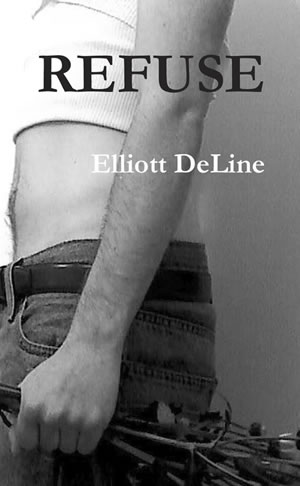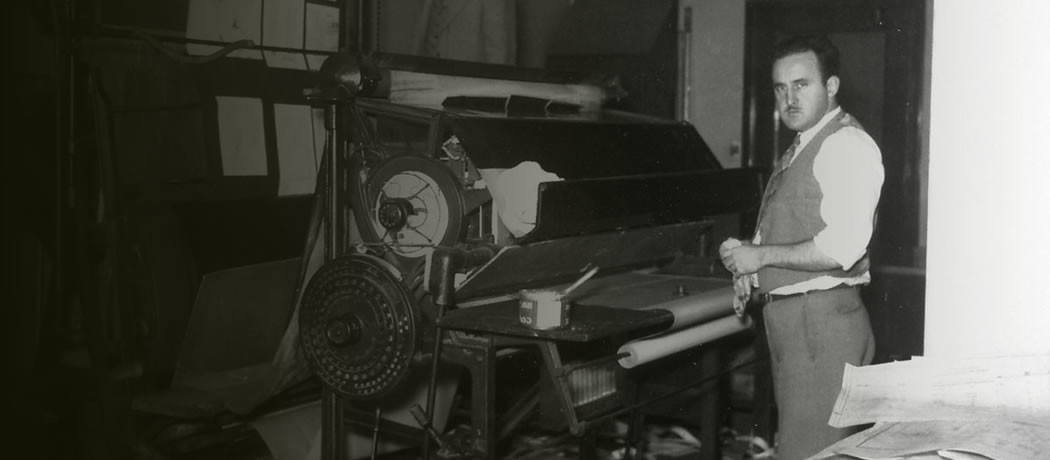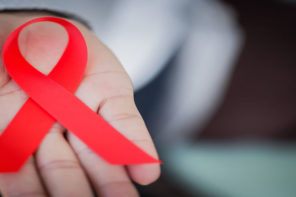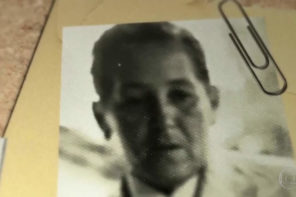I love reading books. Particularly fiction and creative nonfiction. By creative nonfiction, I mean memoir that uses literary techniques. I also love writing both these genres. There is something that nonfiction books can’t quite capture for me. There are feelings that are elicited from good storytelling, as opposed to just the basic facts. I love writing as an art form. To be cliché, it nourishes my very soul.

Credit: Copyright Joseph Mudge 2015.
I realized that female-to-male transgender people existed when I was sixteen. At that time, I was also an avid reader. I turned to the internet, and I found some books, but I was hard pressed to find art. Some things were helpful in telling me how people transitioned, what it cost (more than I could afford, I believed), and some useful terms. I bought a few books, and read the same stories each time: I was born this way, I came out later in life, I had the resources to transition. There wasn’t much I could relate to as a poor—no, broke—young adult and burgeoning nonbinary (very) queer trans guy. This isn’t to say there was nothing out there. But it certainly wasn’t easily accessible for me, back in the 2000’s in upstate New York.
I gave up on trans books pretty fast, and I found myself more drawn to books by other marginalized people, particularly from the 60’s and 70’s. I read literary classics by gay authors, black authors, female authors, indigenous authors, and authors at the intersections of these and other identities. The “firsts.” I related to the oppression. I related to feeling like an outsider among outsiders. “Why,” I thought, “is there no trans literature like this?!” Like I said, there were memoirs about transitions. There were nonfiction books. There were academic books. There were YA novels by cis people. But nothing that fed my mind and soul like these books I read by other marginalized people. Oh, and there was this one book I’d heard about, Stone Butch Blues … but I didn’t identify as butch. I identified as a fem, faggy trans guy actually. Little did I know how much that book would mean to me later on. But at the time, it seemed to be the only trans novel out there—and I resisted. I was not butch, and I was sick of people trying to point me in that direction.
I decided I had to write “the great American transgender novel.” It was 2009 and I was 21 and pretty much a disaster in every area of my life. I wrote Refuse one summer, pouring my heart and soul (the good, the bad, and the ugly) into the pages.
It was a hot August evening when I finished, around the time of my 22nd birthday. It felt like I had finally done something important. I could feel its power. I knew it needed to be out in the world. I didn’t realize how many others would relate … In fact, I figured most trans people would hate it. But my story was burning to be told. I had to share my art or I was going to explode. I am not the most patient person ….
So now what? I had this manuscript. I edited it a million times. I needed someone to publish it for me, I thought. After several failed attempts to secure agents, get into fully-funded MFA programs, and even submitting the manuscript to several queer- focused publishing companies, I was pretty depressed. No one seemed interested.
But there was one person. The funny thing is, I don’t even remember writing to him. His name is Mark Simpson, and he is the author of many books and articles about masculinity and gay culture and is actually the coiner of the term “metrosexual.” But I personally knew of him because I had a well-read, dog-earred copy of his “psychobio” of my all-time favorite artist, the singer and lyricist Morrissey. It was titled Saint Morrissey. I must have reached out to several dozen trans authors. “Hey I have a book, can you read it? It’s really different … it’s really good!” No responses. I don’t remember exactly what it was I wrote to Mark. Some Morrissey reference. Something trying to be witty. Anyway, I heard back from him. And he said he wanted to read Refuse. And I nearly died.
A few weeks later, he told me he loved it and it needed to be published. And I actually did die that time.
He was a mentor to me at a time when I was a batshit crazy baby-author. He had good boundaries though. He didn’t let me drool all over him. He was helpful and honest. He lived in England, so that helped keep some healthy distance as well. He tried to help me with a few connections, but we had no luck. Then he gave me the most salient advice would receive. “Why not just self-publish it?” He was an established author, and he was going to start switching to self-publishing himself, for financial reasons. This kind of just went over my head at first.
 Because self-publishing is for failures! Oh how horrible that would be, to admit defeat. No, I actually wanted this book to be read (and make me money), not just sit on my personal bookshelf gaining dust while I slaved away at some minimum wage, transphobic job and lived with my parents. Refuse was supposed to change my life and launch my writing career. It was my only hope. Self-publishing was giving up, right?
Because self-publishing is for failures! Oh how horrible that would be, to admit defeat. No, I actually wanted this book to be read (and make me money), not just sit on my personal bookshelf gaining dust while I slaved away at some minimum wage, transphobic job and lived with my parents. Refuse was supposed to change my life and launch my writing career. It was my only hope. Self-publishing was giving up, right?
I talked to my best friend about it. She poo-pooed self-publishing as well. But then I started having some thoughts. What if I embraced it? What if I used the internet to promote it, or just stuck flyers and stickers everywhere that trans readers might go? Did I really need anyone’s permission? I might just be obsessive enough to pull this off, I thought. I had an image of it in my head … I had long been inspired by punk and indie musicians. Why not treat literature like that? Who needed the gatekeepers? My friend at the time still turned up her nose, but I think it was because she was a little jealous of my vision, honestly.
And so I did it. And it worked. It wasn’t over night. But I self-promoted like crazy, bordering on spamming (a very delicate line, but just accept that you will cross it again and again and move on). With print-on-demand technology, it didn’t cost me anything to publish. I started making some money. I started getting some reviews. I started getting haters. But most importantly, I got emails and messages from other fem, faggy trans guys that read something along the lines of “Holy crap, I thought I was the only person in the world like me. Did you read my thoughts and base this book off me or something?”
I think my book would have lost it’s genuine quality if it had gone though professional editors and publishing companies and MFA critiques. I really do. I don’t think it would have been as powerful. And now, 5 years and 2 books later, I do make a good chunk of the money I need to survive off of book sales. I don’t think this would be the case, either, if I went with traditional publishing. Or waited.
So, if you are trans and you are bursting to tell your story, my advice is to self-publish. Start today. We’re always waiting, aren’t we? To get approval for hormones, to save up for surgery, to hear back from the doctor, to find someone-anyone- who understands us and wants to date us, for our parents to “come around,” and tolerate us. I’m sick of all the waiting. Our lives are statistically shorter than most, so why add waiting for approval from more “experts” to that list? Artists don’t need that. Believe in yourself and put your work out there. Make a blog, a zine, a self-published book … it can be as cheap as you want it to be. Forget “aspiring.” You’re already a famous author. People just haven’t discovered you yet.
Further Reading
Advice and Support from other Self Publishers:
Queer/Trans Specific Self-Publishing Support:
- Queer/Trans*/LGBTQ Self-Publishers – A group for anyone who self-publishes or is curious about it.
Print-On-Demand Self-publishing Platforms:
- Createspace – Great for beginners, gets your books right on Amazon, free service, very user friendly. This is what I used for my first three books.
- Kindle Direct Publishing – For ebooks.
- IngramSpark – Better in the long run, some argue. There are upfront costs. Better for those looking to get their books ordered in bookstores and libraries. I am working using this as well as Createspace. (Read more here for a comparison.)





Holy hell. I’m so glad I read this. I’m a fem, faggy trans guy, too. I got tired of people telling me to read Stone Butch Blues, too. I had a really hard time finding the kinds of books I wanted to read, too. So I wrote a couple. But I’ve been afraid to self-publish for exactly the reasons you listed. This article may have been just what I needed.
Also, I’m downloading a copy of your book right now.